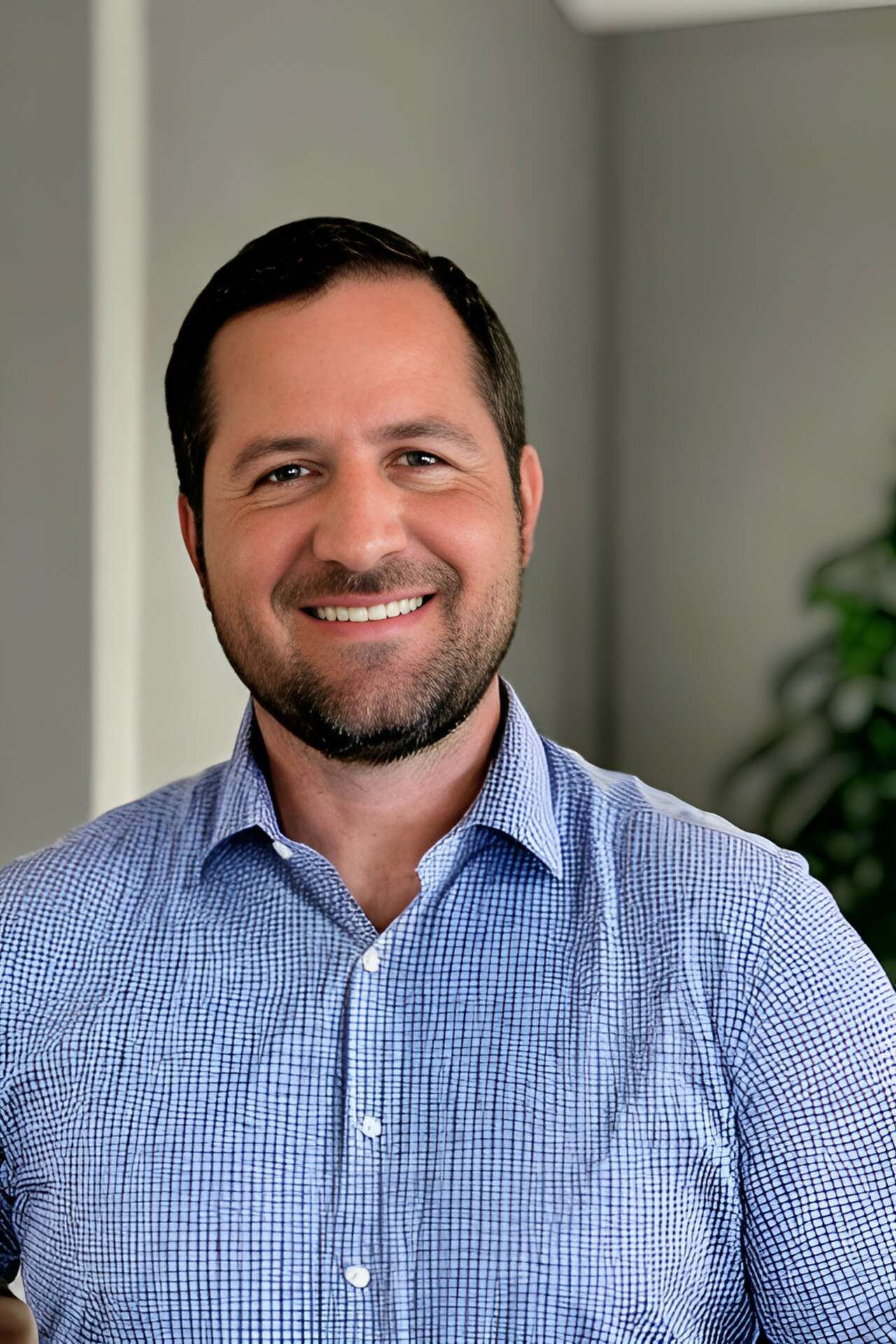Alright – so today we’ve got the honor of introducing you to Christian Sarran. We think you’ll enjoy our conversation, we’ve shared it below.
Christian , thanks for joining us, excited to have you contributing your stories and insights. Was there a defining moment in your professional career? A moment that changed the trajectory of your career?
I had started my professional counseling career in January of 2018, working with children of child abuse. I, like so many others, had been taught Cognitive Behavior Therapy throughout graduate school to help individuals work through trauma, anxiety, and depression. The belief was, change your thinking and you will change how you feel and behave in the world. This approach had worked for me and I had some success working with clients with complex trauma, but I felt that there was more as clients often kept coming back. I feel that a pivotal point in my career took off in the spring of 2021 when I attended an EMDR(Eye Movement Desensitization and Reprocessing) therapy training. It was during this training, that I started to change how I thought about working with trauma. Instead of addressing the pre frontal cortex or our logical thinking brain, I learned about the nervous system in connection with the limbic brain where trauma is stored. This was a light bulb experience for me and one that shaped how I interacted with my clients.
In August of that same year, I became trained in HeartMath or heart rate variability training. HeartMath basically determines the resilience one has to stress. The basis of HeartMath is that the emotional state of our heart influences how our brain functions, especially during stress. What really drew me to HeartMath was the incorporation of biofeedback through a phone or tablet that allows the client to see their emotional state in real time. I am a technology enthusiast and being in a technology driven world, it seemed to make sense that clients would be more invested if they could see objective measures rather than just assuming what was happening in their nervous system. In real time, the client could see their emotional state before and after treatment. This was another game changer for me and really instilled hope in the client. Combined with EMDR, it was a one-two punch for trauma healing. This has lead me to my overall approach to therapy today.
My foundational theoretical orientation is Carl Rogers Person Centered Therapy with a neuroexperiential approach, meaning I am targeting the client’s nervous system while providing a genuine, non judgment attunement with the client. Although I am certified in EMDR, I now utilize a similar modality, Brainspotting, which also accesses deeper regions of the feeling brain. The premise of Brainspotting is “where you look affects how you feel”. I tend to do more Brainspotting than EMDR because it allows the client to say as much or little as they feel comfortable during session. In fact, there are many sessions where the client does not say anything at all! I also do not need to create the frame for the client to work within. I get to trust that their brain and body knows where to go to heal. The brain and body knows what happened to them so it is not necessary for the therapist to have to know. The research of the brain is fascinating and we are learning everyday new things that is capable of doing and we know it has the capability to begin healing itself.
It is has been a blessing to come alongside my clients and see them experience freedom from sometimes pain that has been stored for years. I do wonder what my career would be like had I not explored moving into a neuroexperiential approach. I believe talk therapy has a benefit and is needed to help the client develop that sense of trust to move forward in healing. However, just like weeds grow in our yard, we have to do more than just cut the top of the weeds. Neuroexperiential approaches dig deeper and remove the roots of the weed(s) and keep them from growing back after a heavy rain.
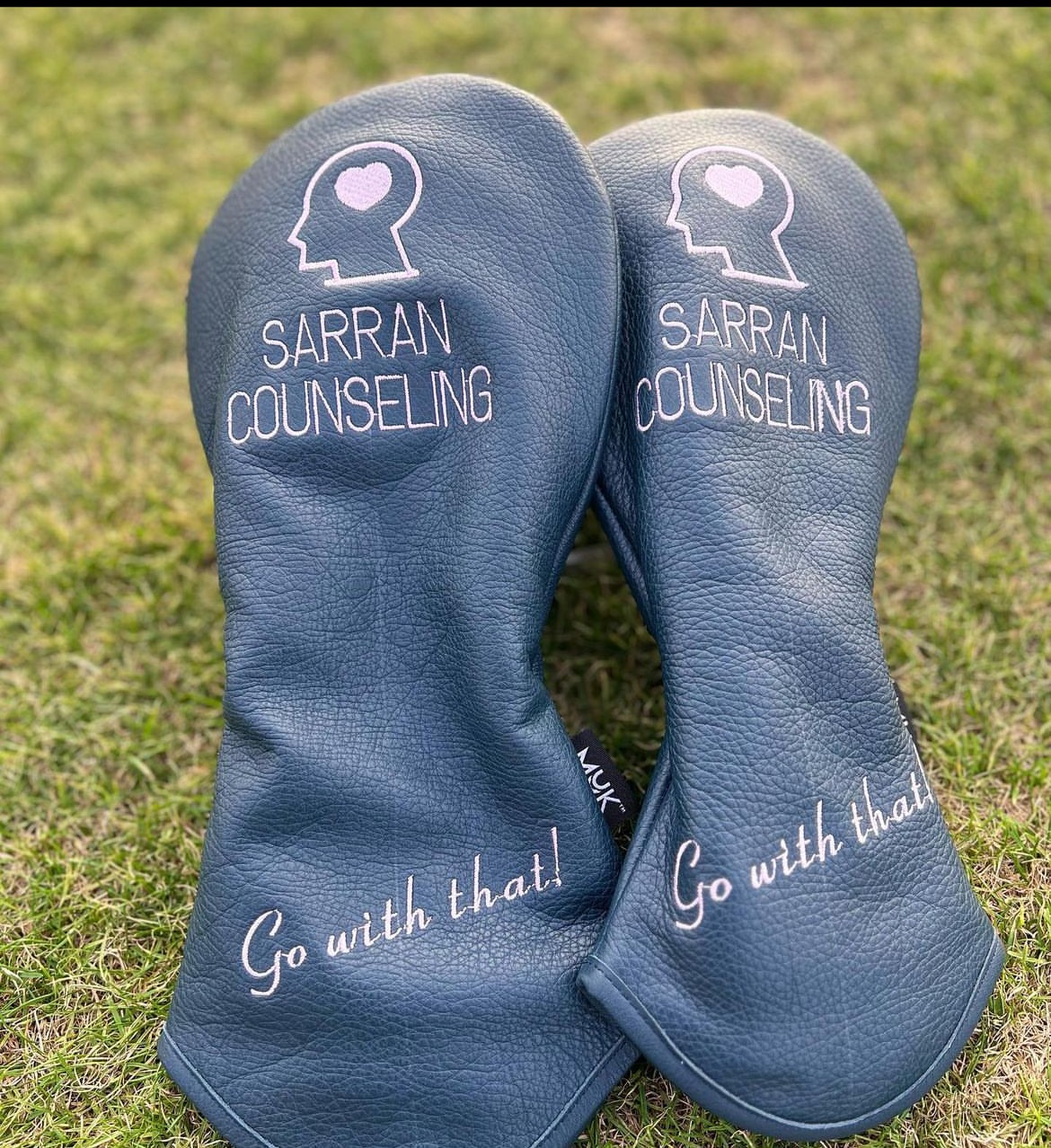
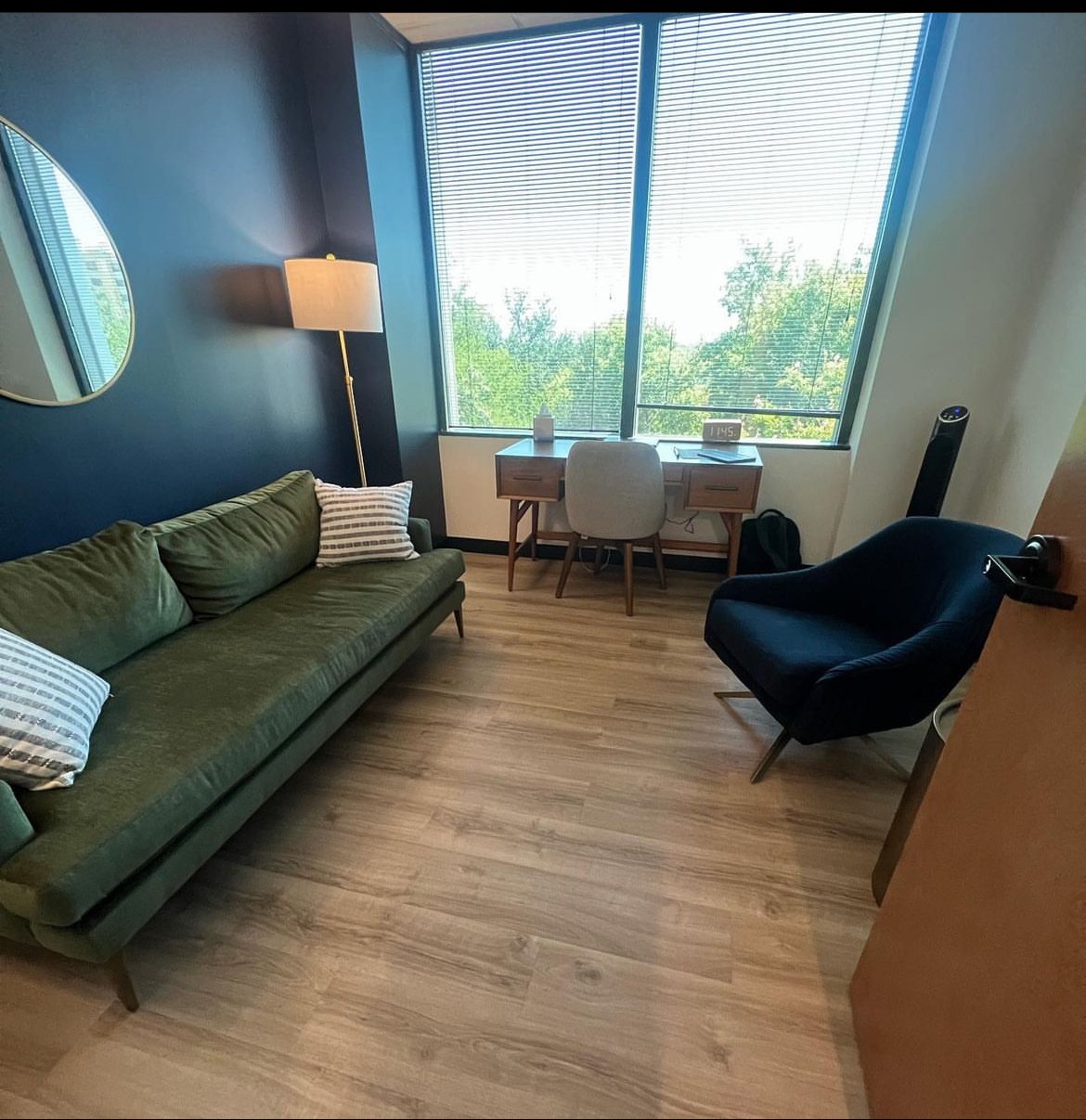
As always, we appreciate you sharing your insights and we’ve got a few more questions for you, but before we get to all of that can you take a minute to introduce yourself and give our readers some of your back background and context?
I am a neuroexperiential Licensed Professional Counselor and Peak Performance coach. I work with clients of all ages as well as athletes working through performance blocks. As a neuroexperiential therapist, I focus on the nervous system of the client, more specifically the relationship between the brain and the heart. I help clients work through issues related to complex trauma and blocks in their life.
What I love about my work is that it is very relational to the client and with the deeper rooted modalities of Brainspotting and EMDR, the client can share as much or little as they prefer during the session. In fact, clients do not have to re-tell the trauma as we allow the brain to do its own healing through the process.
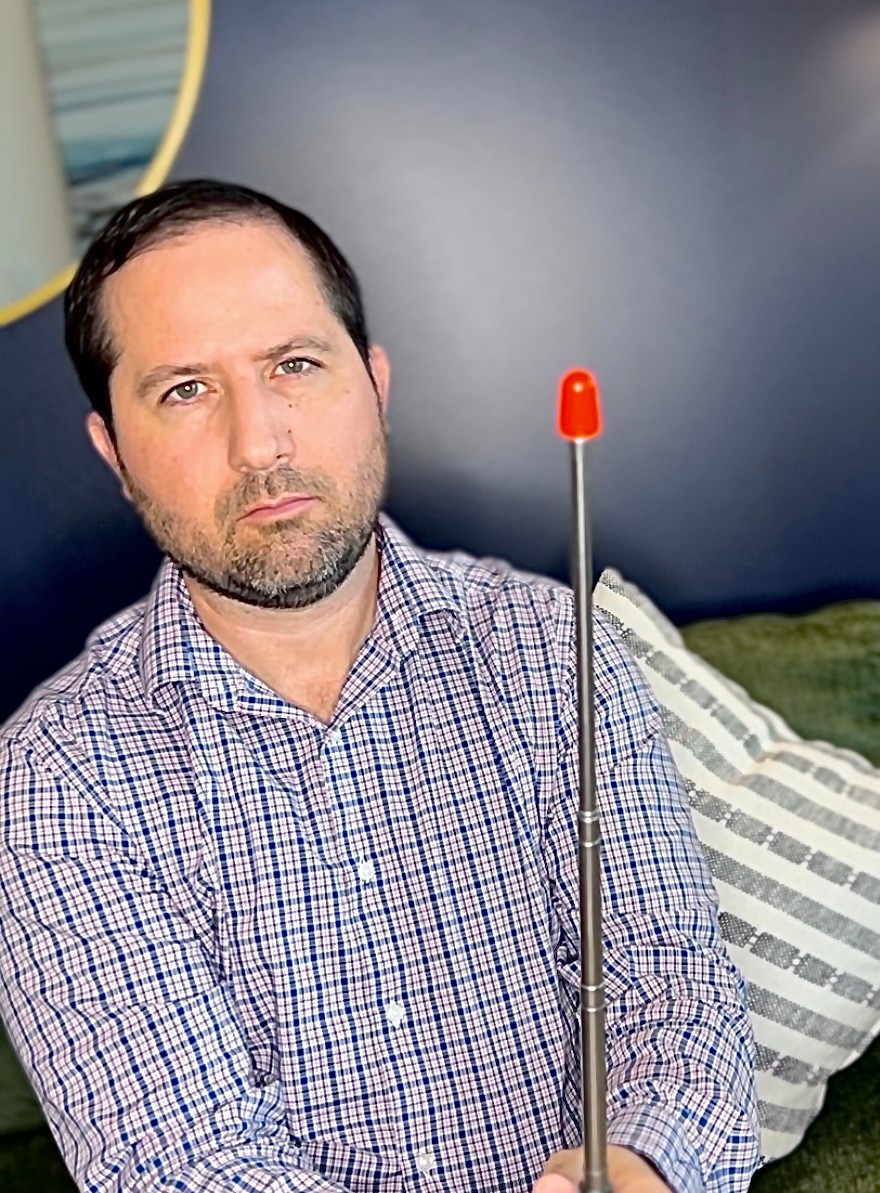
If you could go back in time, do you think you would have chosen a different profession or specialty?
I have known since middle school that I wanted to either play on the PGA Tour or be a therapist. During my junior year of high school, I knew that professional golf was not going to work out so I set my vision on becoming a therapist. I studied Psychology and went straight to graduate school afterwards. I was not one who wavered with what my career path would look like.
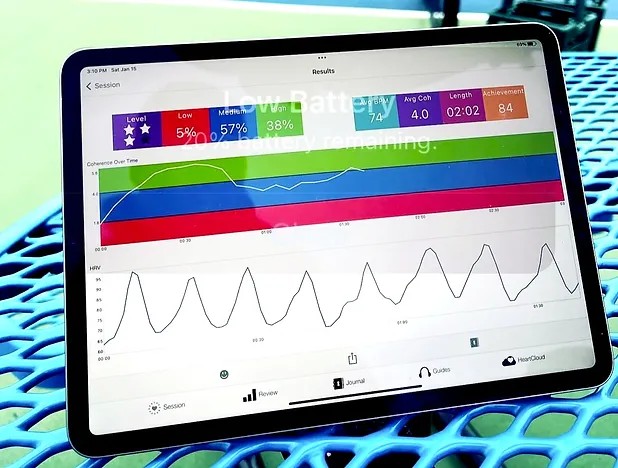
Other than training/knowledge, what do you think is most helpful for succeeding in your field?
I think that it is important to have a close group of mentors that you meet with monthly. First of all, it helps to have a support system to keep encouraging you when you are working through difficult emotional areas with clients. That wears on you and you need that support from peers you respect. Second, we all have blind spots whether in our personal or professional life. Having that circle of trust with respected peers allows them to show you what areas can be improved that you had no idea needed to be improved. We cannot succeed alone.
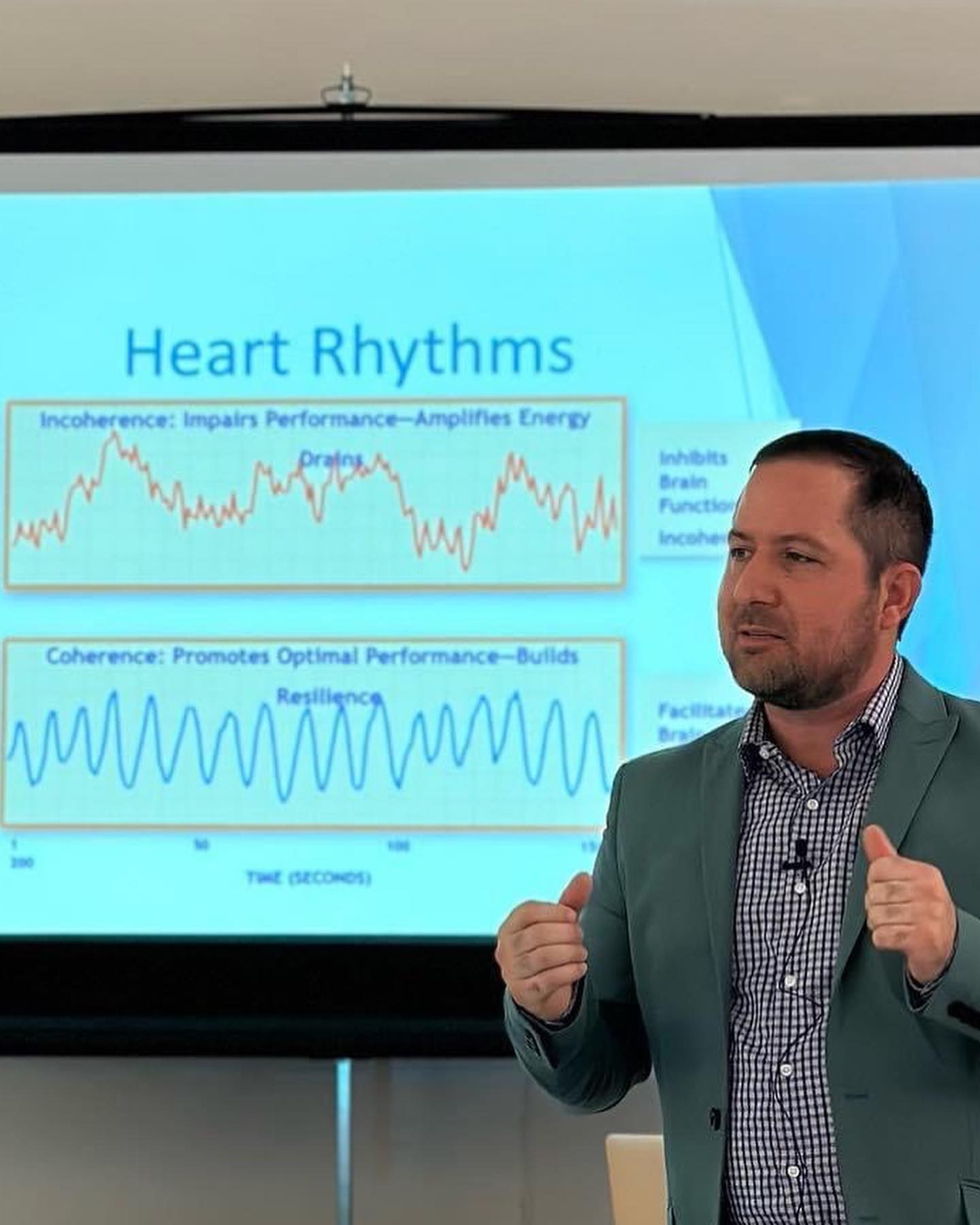
Contact Info:
- Website: https://www.sarrancounseling.com
- Instagram: @Sarran_Counseling_Dallas
- Facebook: @SarranCounselingPLLC
- Linkedin: Christian Sarran
- Youtube: @SarranCounseling
Image Credits
Christian Sarran


